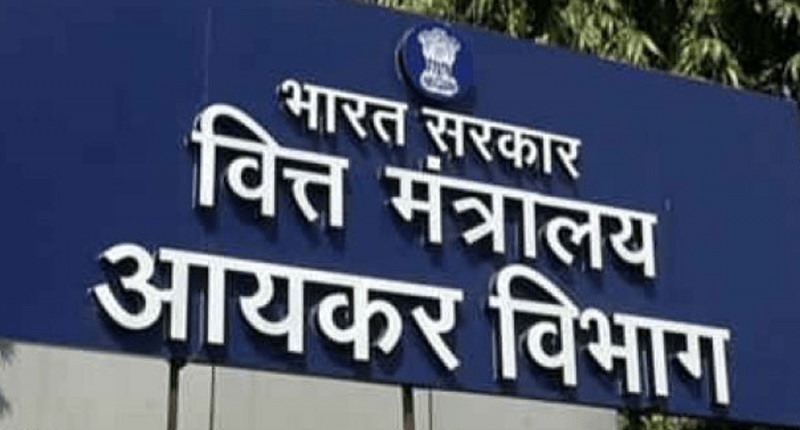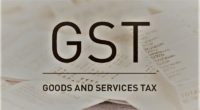Tax deductors are obliged to deduct tax at source on a variety of payments under the Indian tax law. The deductors have to remit the TDS to the government within the due dates specified under the Indian tax law.
Deductors who do not remit TDS are liable to pay interest on delayed payments at 1.5% per month. Such deductors may also be prosecuted with rigorous imprisonment for a term, which shall not be less than three months, but which may extend to seven years and with fine.
India is globally known to have an aggressive tax jurisdiction. But the Indian tax administration does not generally initiate prosecution proceedings against defaulting tax deductors. However, lately the tax administration landscape is changing and the tax administration is issuing prosecution notices to the defaulting tax deductors.
A recent example is filmmaker Firoz Nadiadwala’s case, who was convicted of default in deposit of TDS and sentenced to three months imprisonment.
Also Read: New format for salary TDS notified by CBDT
Now one would wonder why default in deposit of TDS has resulted in the initiation of prosecution proceedings. The TDS deducted over the year from payments made to, for example, employees represent tax collected on their behalf to be remitted to the government. The employees would not be able to claim credit for the TDS unless the TDS amounts are deposited with the government.
In the above circumstances, the employee would need to get the TDS data corrected from the employer, which would cause unnecessary trouble and delay to an employee. Also, in the absence of credit for TDS, the employee will be required to pay tax with interest.
The tax administration obtains the data of defaulting deductors from the quarterly TDS returns filed and determine the delays in the payment of TDS. Based on such data, tax administration issues prosecution notices to the defaulting tax deductors.
Defaulting deductors may pay the TDS and applicable interest in the case where the delay is short and unintentional. The deductor may defend the prosecution proceedings. However, where the delay is long and unintended, the payment of interest may not absolve the deductors.
Many prosecution proceedings do not reach the conviction stage since the tax law allows the defaulting deductor to compound for the prosecution proceedings.
Compounding is at the discretion of the tax administration. In a situation where the tax administration is not satisfied with the compounding application, the prosecution proceedings may be initiated.
Courts can punish the defaulting deductor under Section 276B of the Income Tax Act with rigorous imprisonment for not less than three months, which may extend to seven years with a fine.
A substantial number of prosecution notices are issued to defaulting deductors over the past two to three years. A recent CBDT release mentioned that prosecutions had been launched against four big business houses for TDS dues of more than Rs 50 crore which was deducted but not deposited with the government.
The increased number of notices issued have acted as a deterrent for defaulting deductors. On the other hand, these have also increased compliance on the part of the deductors. The compounding charges collected have helped in filling the coffers of the government.
Of late, the tax administration has also been issuing prosecution notices even for defaults of a few thousand rupees. Some tax officers have asked the deductors to apply for compounding and pay charges even though such minor default cases may not hold up before courts. Hence, way forward, the deductors should be careful to remit the TDS within the prescribed due dates.
I am a Chartered Accountant by profession. I specialise in personal taxes and corporate income tax matters. I am an avid reader and track developments in financial markets, economy and other market developments.





